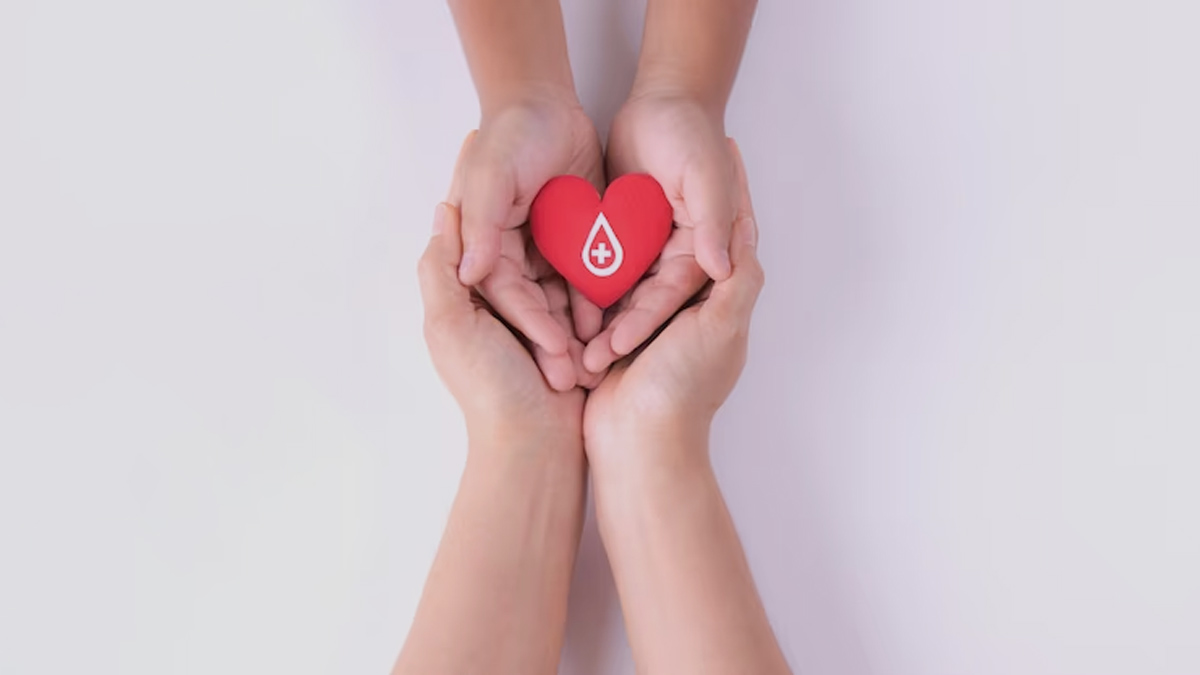
Every year, we celebrate blood donor day on June 14. The aim is to spread awareness about the need to donate blood and save lives. The World Health Assembly officially announced this day in 2005.
It is a crucial need of the hour for people to donate blood so that doctors and hospitals do not have to struggle with transfusion when they are trying to save lives. The World Health Organization (WHO) wrote in one of its reports, “Lack of access to safe blood and blood products - especially in low and middle-income countries, impacts all patients, including those who require regular transfusion.”
The slogan for the 2023 celebration of World Blood Donor Day is “Give Blood, give Plasma, share life, share often.” It emphasises the role of every person who voluntarily donates blood or plasma to patients in need and saves their lives.

When you donate blood, it helps to maintain the level of iron in your blood. People who donate blood frequently can help their bodies prevent the excessive build-up of iron.
Another advantage of donating blood is it helps to keep blood pressure in check. Thus, it reduces the risks of heart strokes and attacks. A study published in the American Journal of Epidemiology stated that donating blood at least once a year can reduce the risks of heart disease by 88%.
The biggest advantage of donating blood is that a single pint can save at least three lives. According to a study published in the Cleveland Clinic, a person has 10-12 pints of blood in their body. Your body can regenerate the donated amount of blood within 4-6 weeks.
Red Cross Blood is an American organisation that conducts donation drives in the country. It listed what a donor must do before and after donating blood.
Before donation
Don't Miss: Identifying And Addressing Root Causes For The Mental Health And Emotional Struggles Of Queer People
After Donation
You should also consume iron-rich food to make up for the loss of the nutrient during donation.

According to the National Blood Transfusion Council,
Don't Miss: One Ayurvedic Tea To Deal With Hair Fall, Baldness, And Thinning
Have you donated blood? If not, book your appointment this weekend with any nearby hospital or blood bank and save multiple lives.
Also watch this video
Herzindagi video
Our aim is to provide accurate, safe and expert verified information through our articles and social media handles. The remedies, advice and tips mentioned here are for general information only. Please consult your expert before trying any kind of health, beauty, life hacks or astrology related tips. For any feedback or complaint, contact us at compliant_gro@jagrannewmedia.com.